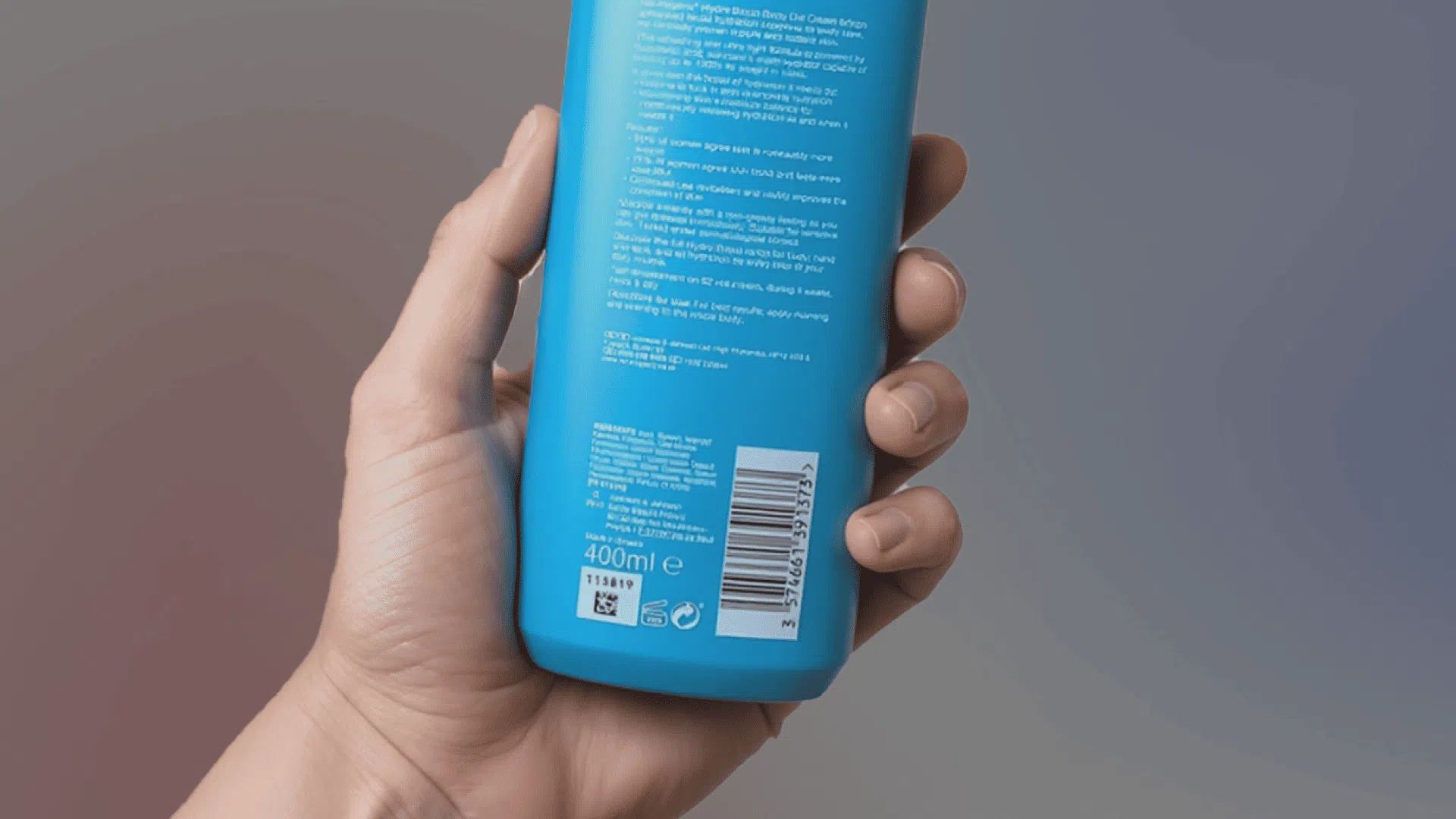Discover how digital transformation trends reshape the cosmetics industry and how software enables their benefits.

Summary:
Traceability is evolving from a compliance requirement to a competitive advantage in the cosmetics industry.At the core are transparent supply chains, seamless lot tracking, and integrated quality processes – enabling fast responses, reliable compliance, and trust. The result: reduced risks, more efficient operations, and a stronger market position.
Stricter regulations, more critical consumers, and growing efficiency demands are putting the cosmetics industry to the test. But traceability is no longer just a compliance obligation – it’s a strategic asset. It builds trust, strengthens market position, and turns compliance into a competitive edge. The question is: how can companies strike the right balance between regulation and efficiency? We outline the legal foundations and show how traceability becomes a key success factor for the cosmetics industry.
The EU Cosmetics Regulation forms the foundation for traceability in the cosmetics industry. It requires that a complete Product Information File (PIF) be maintained for every product. This includes safety reports, detailed manufacturing records, and precise information on all ingredients used.
In addition, ISO 22716 defines the Good Manufacturing Practice (GMP) standards. It specifies how production processes must be documented, hygiene measures implemented, and quality controls carried out.
Key requirements at a glance:
These requirements make one thing clear: traceability is not optional – it is a legal obligation for cosmetics companies. The challenge lies in integrating these regulatory demands efficiently into day-to-day operations.
Raw materials from multiple continents, varying batch sizes, and changing suppliers – modern cosmetics production is a network of global dependencies. Short innovation cycles and fast-changing trends add to the complexity, while customer expectations continue to rise.
To avoid costly errors, build long-term customer trust, and bring high-quality products to market, maintaining a clear overview is essential.
Effective traceability must therefore cover the entire value chain. From the raw material supplier to the finished product on the shelf, every step must be documented transparently to ensure reliable product safety.
Key challenges in the cosmetics industry
The wide variety of cosmetic ingredients brings unique requirements. Active agents, fragrances, preservatives, and colorants – each component is subject to specific regulations and must be documented with precision.
There are several classification systems in place, with the most important including:
INCI (International Nomenclature of Cosmetic Ingredients)
This international nomenclature ensures consistent labeling of all ingredients on product packaging.
CLP/GHS Regulation
This regulation governs the classification and labeling of chemical substances and mixtures that may be contained in cosmetic raw materials. Accurate recording of specifications, purity levels, and potential risks is essential. Only those who manage this information systematically are able to react quickly and effectively in the event of an incident.
EU Cosmetics Regulation (EC No. 1223/2009)
The EU Cosmetics Regulation provides the legal framework for placing cosmetic products on the European market. It ensures that products are safe for human health, that banned or restricted substances are not used, and that all relevant safety assessments are available. In addition, it requires standardized product notification in the CPNP portal and clear labeling obligations.
A key element of reliable traceability is data collection – but it’s just as important to connect that data intelligently with quality inspections and test results. When analytical findings are directly linked to the corresponding lots, a complete quality profile emerges.
Core quality processes in the cosmetics industry:
To provide proof quickly and accurately during quality audits or regulatory inspections, these tests must be fully documented and linked to the respective lots. But how can that be achieved?
Many cosmetics manufacturers still manage their data in separate systems – Excel sheets for raw materials, standalone lab databases, and manual production records. These isolated solutions make rapid traceability difficult and increase the risk of errors.
An integrated data architecture, on the other hand, brings all relevant information together. It ensures that data is up to date, complete, and stored centrally. This includes, among other things:
Only by connecting this information can true transparency be achieved – transforming traceability from a compliance task into a practical tool for everyday operations.
When traceability is implemented effectively, all stakeholders benefit:
Traceability in the cosmetics industry is evolving from a compliance obligation into a critical success factor.
Modern systems not only ensure regulatory compliance but also prepare companies for the challenges of the future. Digitalization and innovative technologies such as AI, blockchain, and IoT enable greater supply chain transparency, real-time monitoring, and early detection of potential risks.
Integrated ERP solutions like Yaveon 365 combine industry-specific functionality with the flexibility of the cloud.
The benefits are clear: reduced compliance risks, improved efficiency, and strengthened trust among customers and partners – a decisive competitive advantage in an industry where quality and trust come first.
 Digital transformation in the cosmetics Industry – Beitrag öffnen
Digital transformation in the cosmetics Industry – Beitrag öffnen
Discover how digital transformation trends reshape the cosmetics industry and how software enables their benefits.
 Sustainability in the cosmetics industry – Beitrag öffnen
Sustainability in the cosmetics industry – Beitrag öffnen
ERP systems support sustainable sourcing practices and end-to-end transparency for clean, traceable ingredients.
 ERP compliance in the cosmetics industry – Beitrag öffnen
ERP compliance in the cosmetics industry – Beitrag öffnen
Learn how an ERP system helps you comply with cosmetics regulations and turn compliance into an opportunity.